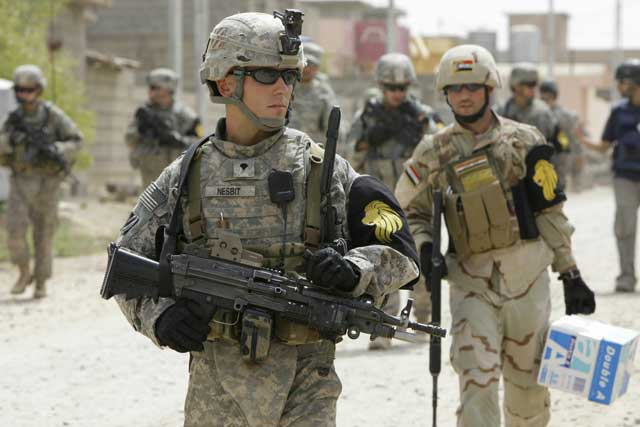Every Man in this Village is a Liar, By Megan Stack

Your support helps us to tell the story
From reproductive rights to climate change to Big Tech, The Independent is on the ground when the story is developing. Whether it's investigating the financials of Elon Musk's pro-Trump PAC or producing our latest documentary, 'The A Word', which shines a light on the American women fighting for reproductive rights, we know how important it is to parse out the facts from the messaging.
At such a critical moment in US history, we need reporters on the ground. Your donation allows us to keep sending journalists to speak to both sides of the story.
The Independent is trusted by Americans across the entire political spectrum. And unlike many other quality news outlets, we choose not to lock Americans out of our reporting and analysis with paywalls. We believe quality journalism should be available to everyone, paid for by those who can afford it.
Your support makes all the difference.There have been plenty of books by journalists about the Iraq and Afghan wars, many by reporters "embedded" with troops. Megan Stack's offering is a different exercise in understanding, and all the better for it. A correspondent for the Los Angeles Times for six years in the Middle East, she records, with great freshness and honesty, the impressions of a young American journalist thrown into war by accident and her efforts to comprehend the world that 9/11 set in motion.
It's not a collection of her original filings – for which she won several awards – but a description of her experiences in the countries of the region as, in recollecting them after the event, she tries to make sense of both the story and her responses. Flung in at the deep end to cover the US invasion of Afghanistan in 2001 simply because she was on holiday in Paris and nearer to the action (that's how it still happens in the media), the 26-year-old Houston correspondent of the LA Times felt – rightly – that the hand of history had called her.
"I was a reporter," she recalls, "who didn't really know how to write about combat, covering America from outside its borders as it crashed zealously into war and occupation... It would be my generation's fate, it seemed, to be altered by September 11. I got excited and felt that I was living through important times and went rushing in, and years later came away older, different, with damage that couldn't be anticipated beforehand and can't be counted after."
To horny-handed foreign reporters this might seem somewhat self-indulgent. But what makes this such a refreshing, and revealing book is that Stack never makes herself into anything other than she is, a woman, an American, young, naive and even innocent. It's an innocence she keeps through the years in a rather American and certainly attractive way. The title – a version of the old philosophical conundrum, as the Cretan says "All Cretans are liars" – is misleading. This is not a clever book. It doesn't seek the answer to riddles.
Stock never loses her openness as she recalls the almost surreal experiences of covering Afghanistan, Iraq, Libya, Egypt and Lebanon. If she doesn't seem at times to go beneath the surface, it is because to her it was the surface that mattered. "Only after covering it for years," she says, "did I understand that the war on terror never really existed... Not that the war on terror was flawed, not that it was cynical or self-defeating, or likely to breed more resentment and violence. But that it was hollow, it was essentially nothing but a unifying myth for a complicated scramble of mixed impulses and social theories and night terrors and cruelty and business interests, all overhung with the unassailable memory of falling skyscrapers."
As a journalist's exercise, the book may lack the search for cause and effect and the smell of blood and burning that older Middle East hands bring. But as an attempt to make sense of what was without sense, and a portrayal of a mood and time, Stack's book may be the best account yet of the so-called "War on Terror". "The fear is," she concludes, "that it didn't mean anything. Isn't that what we all suspect about the war on terror...? The stories repeat themselves, the same headlines, the same geography, the same mortality. We are losing interest and we fear it means nothing."
Join our commenting forum
Join thought-provoking conversations, follow other Independent readers and see their replies
Comments